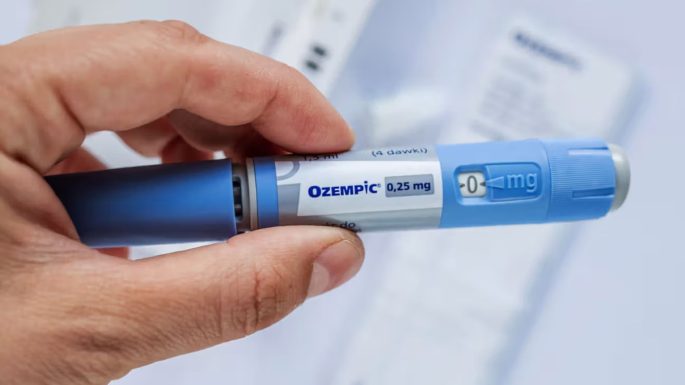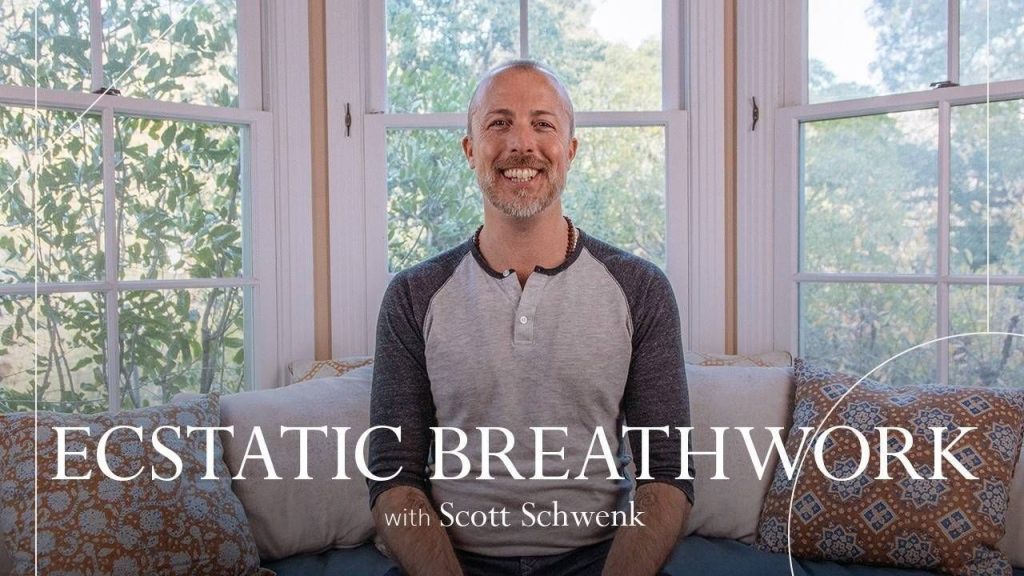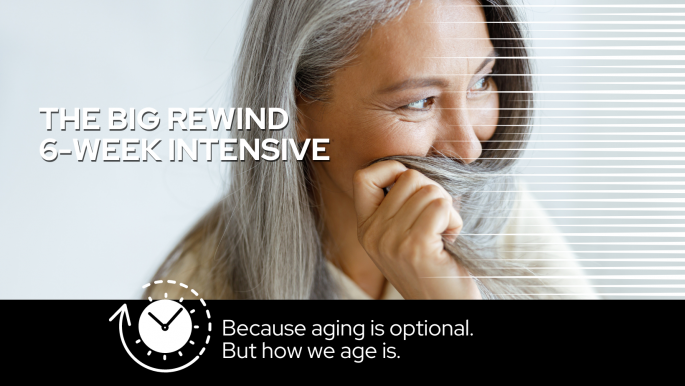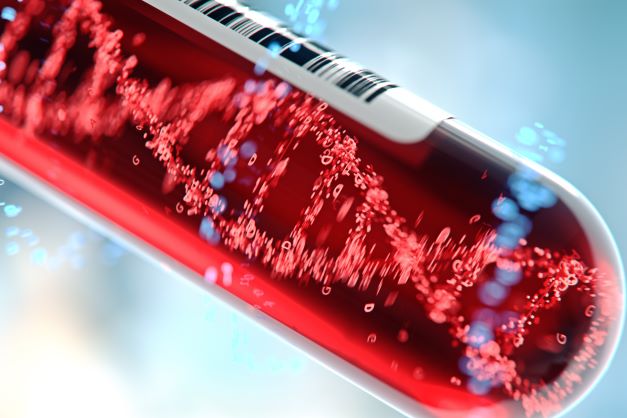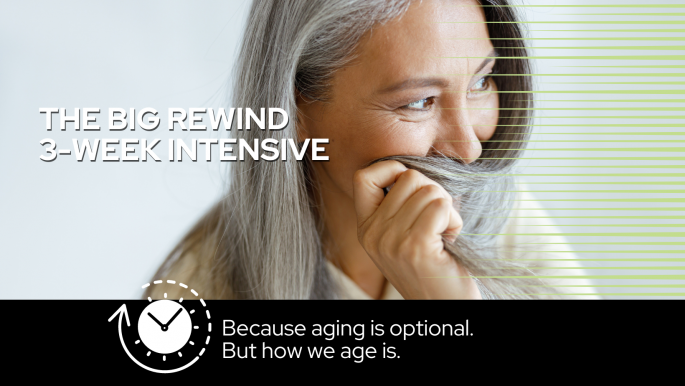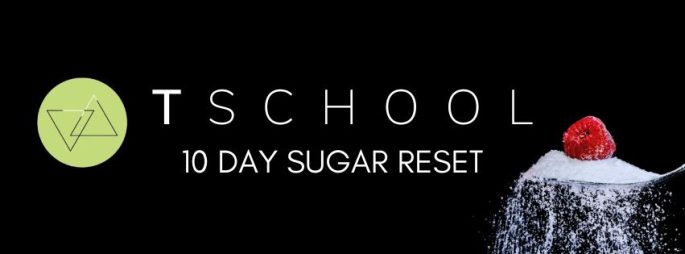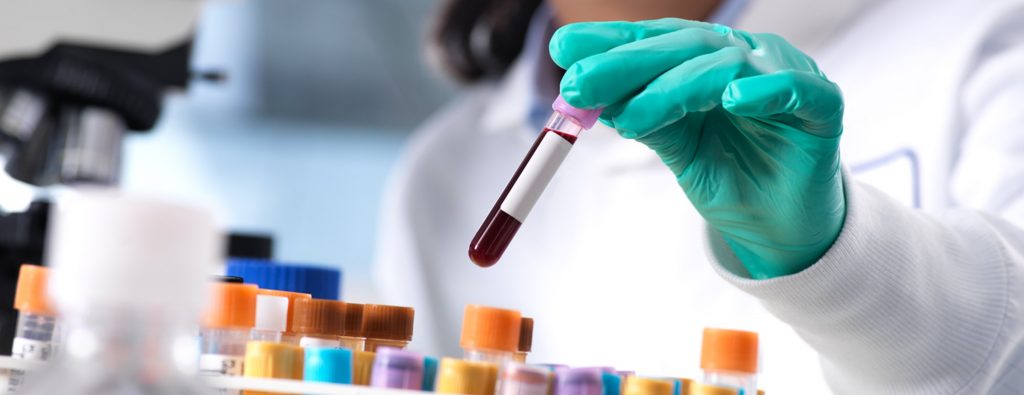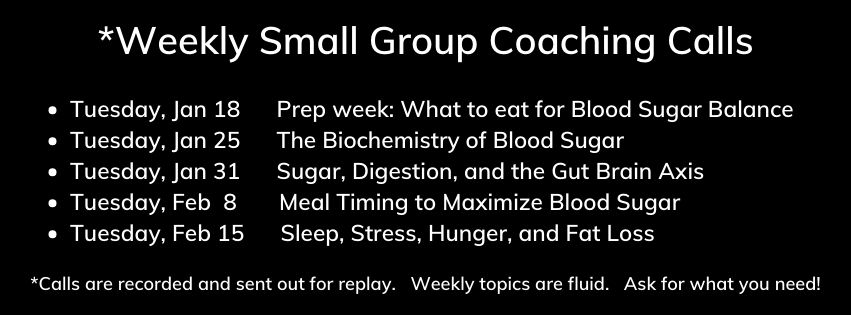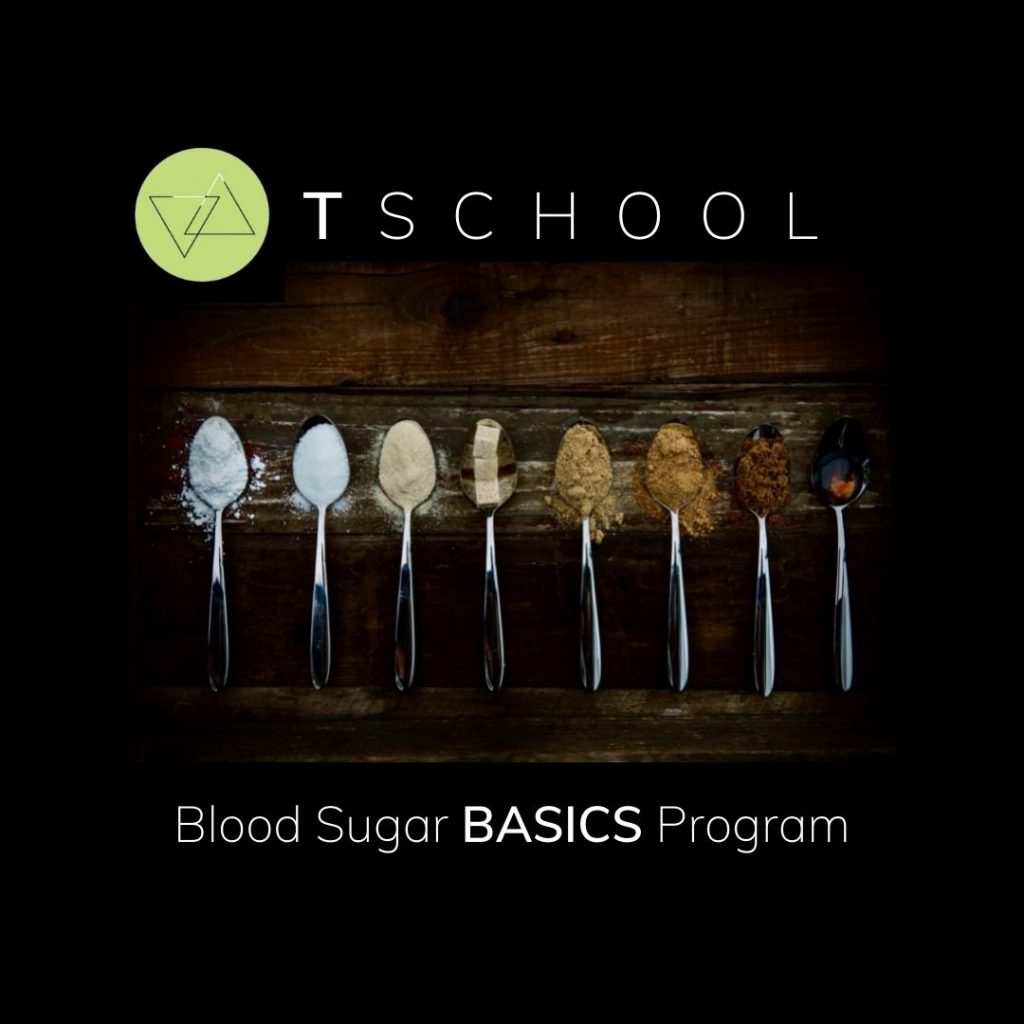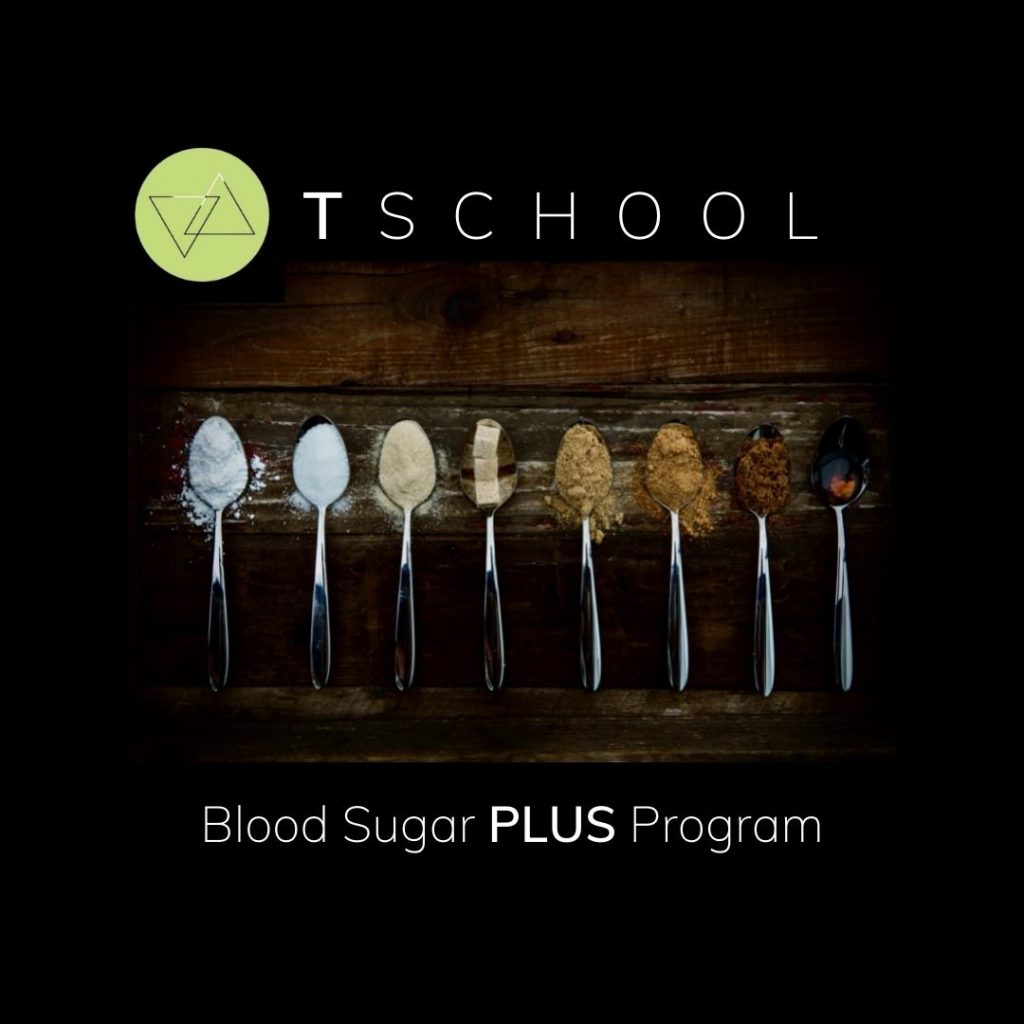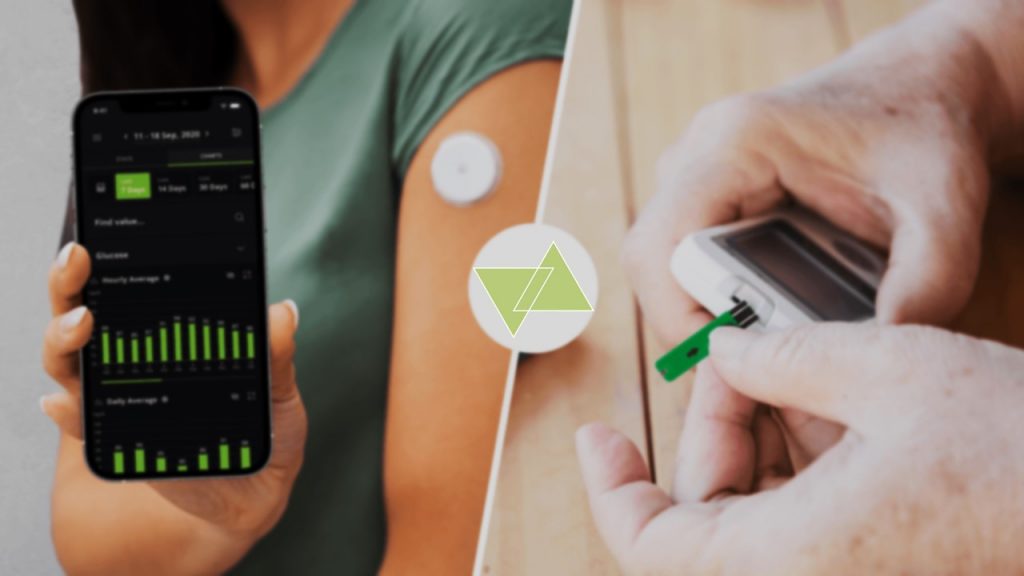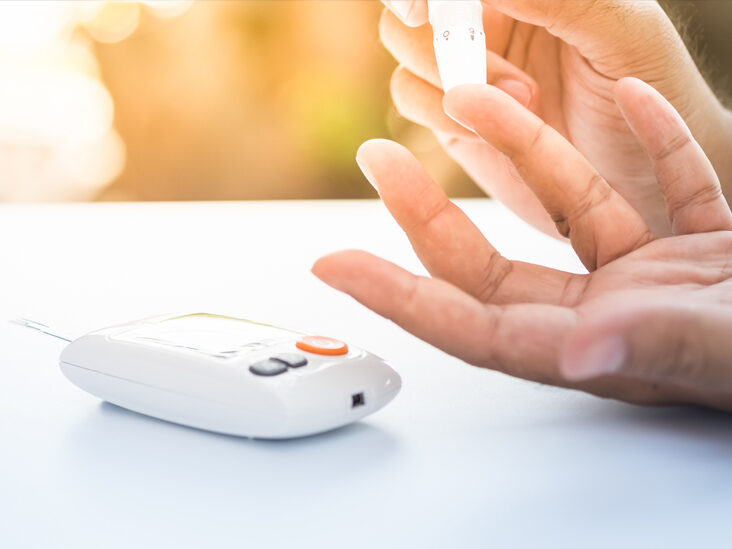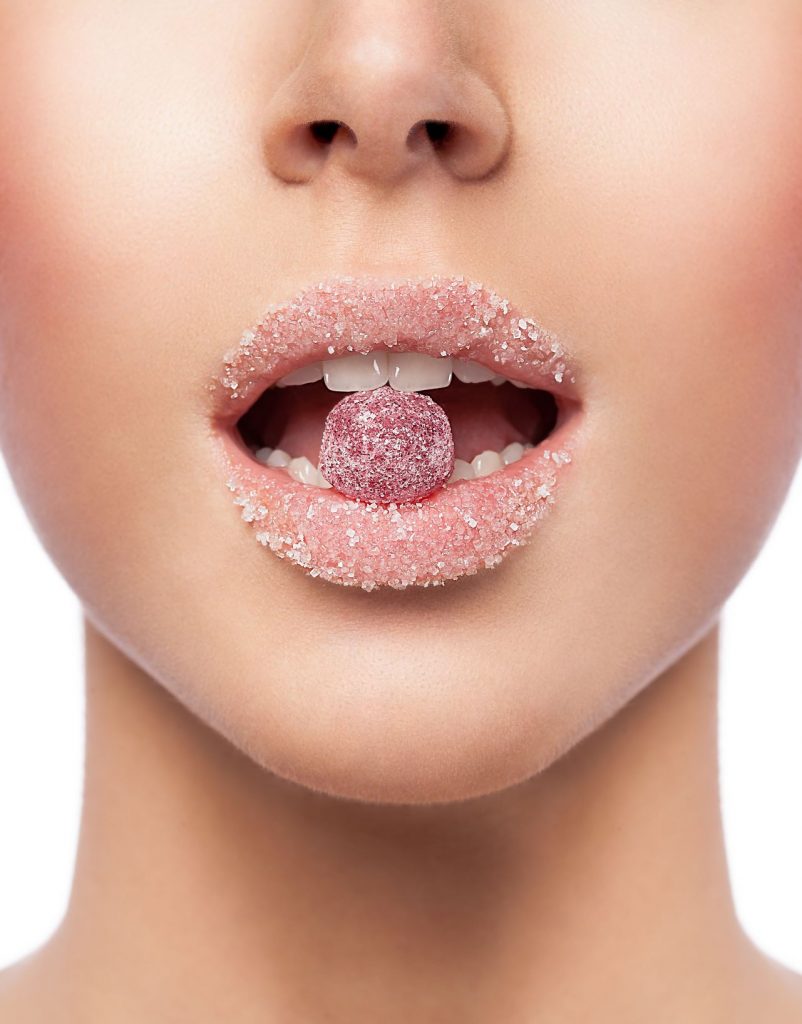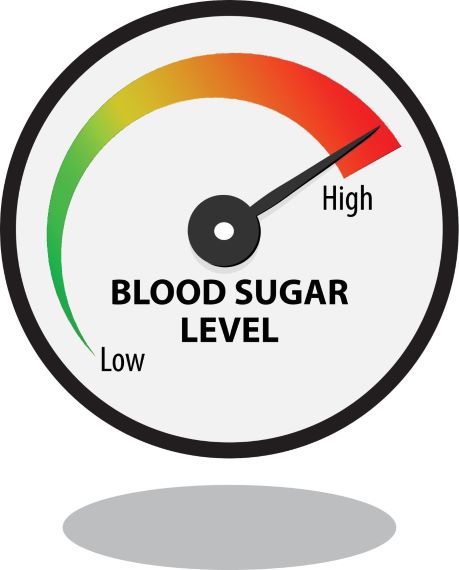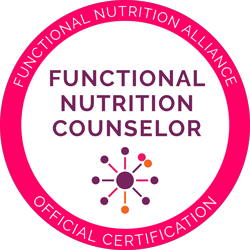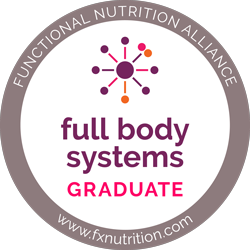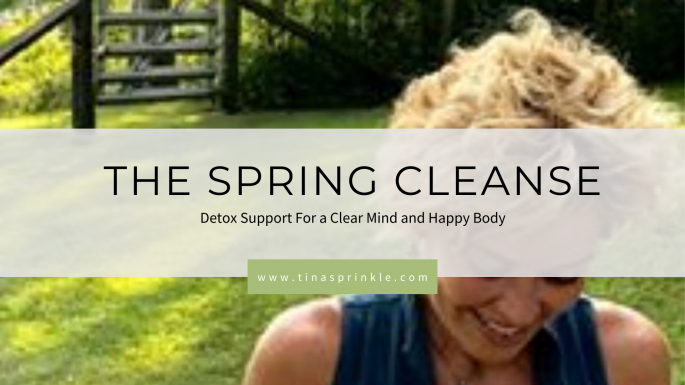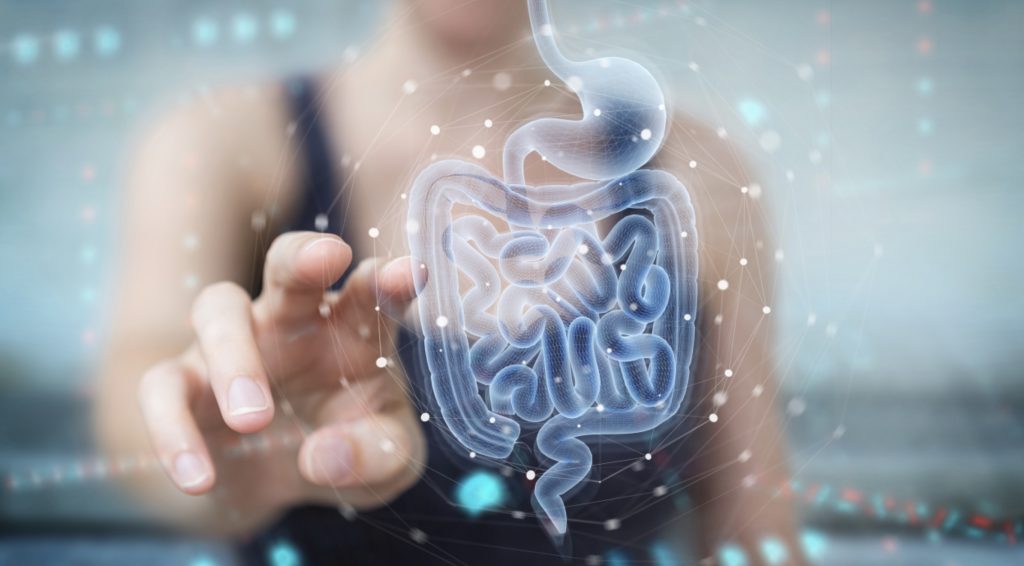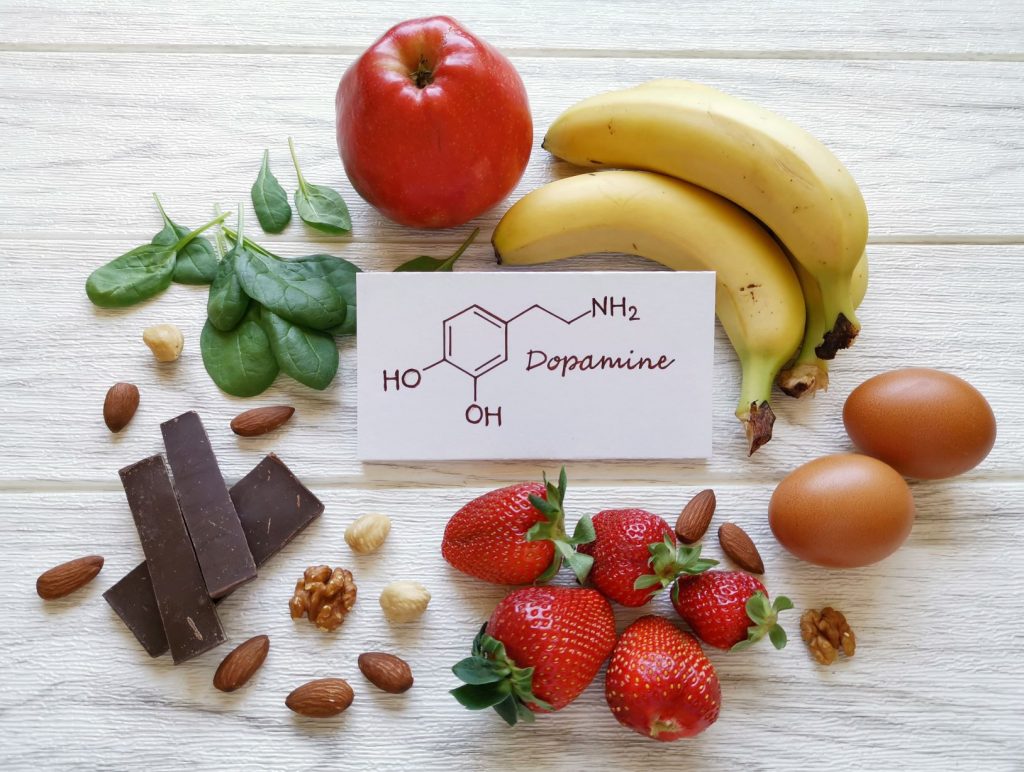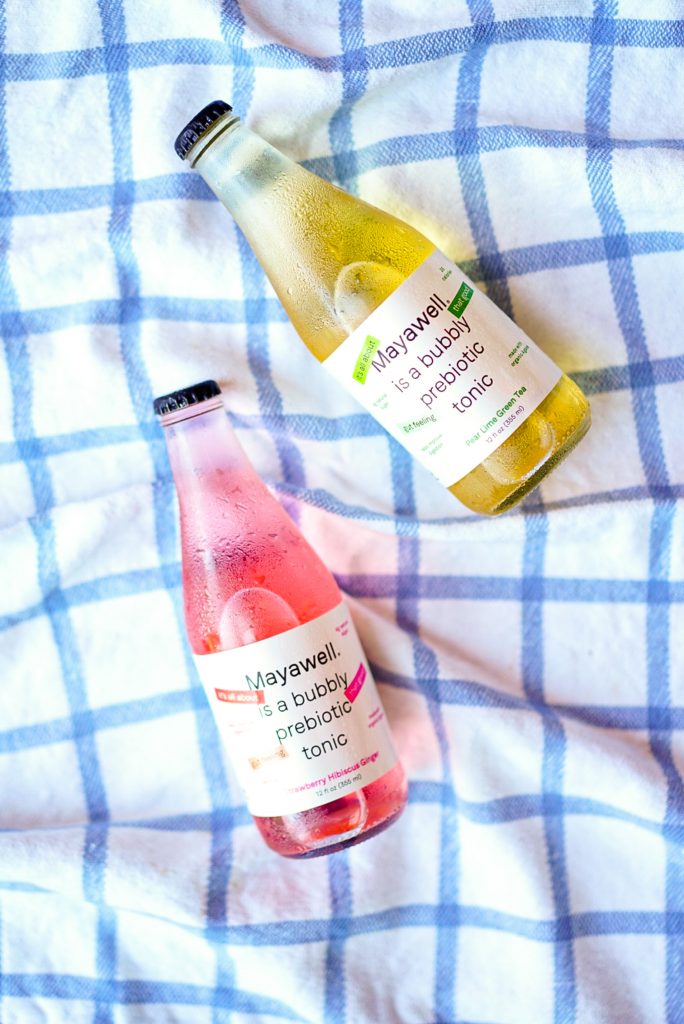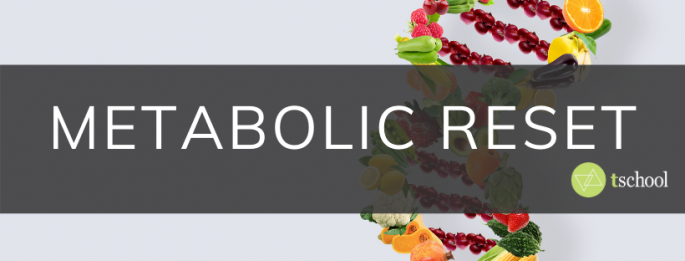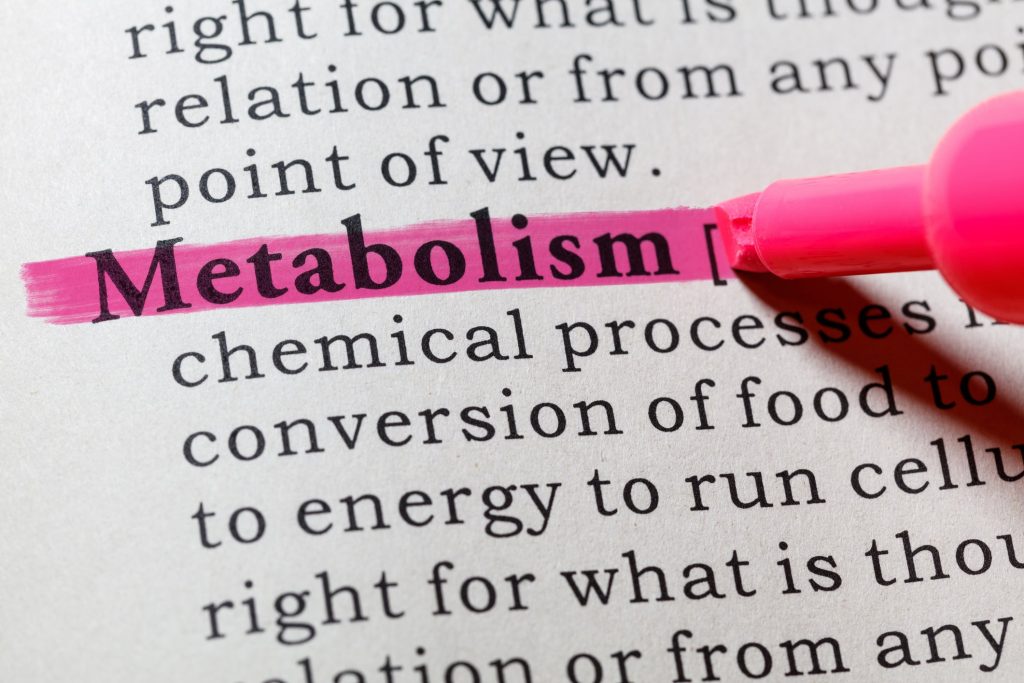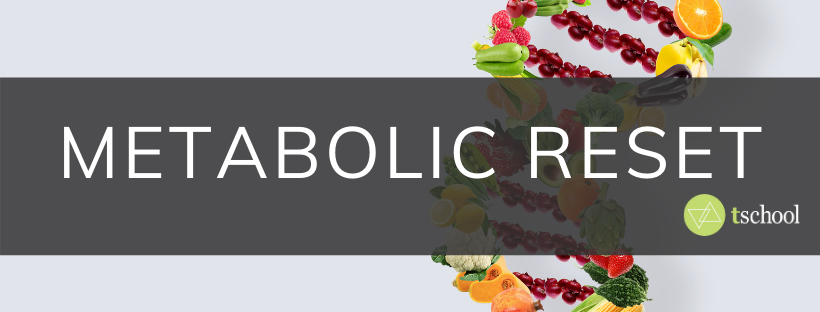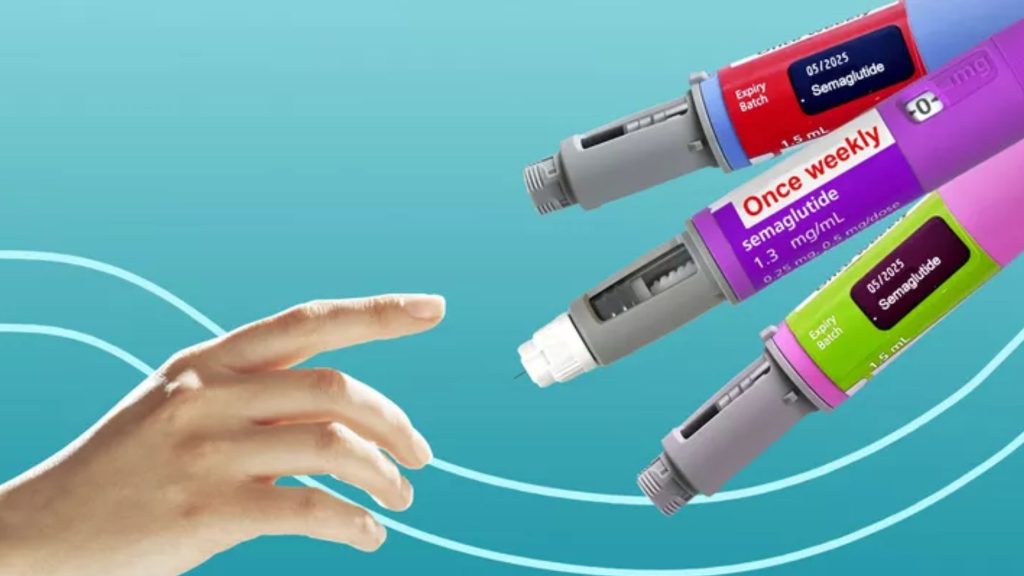
With three-quarters of Americans obese or overweight, interest in weight-loss treatments is at an all-time high.
Three injectable medications have dominated the spotlight of late: Wegovy, Ozempic, and Mounjaro. These once-a-week, injectable drugs are so popular in fact, that pharmacies routinely run out of stock.
Wegovy is FDA-approved for obesity. Ozempic and Mounjaro are FDA-approved for diabetes.

These medications known as GLP-1 agonists are designed to manage blood sugar levels and help reduce hunger and food intake, thus potentially supporting weight loss.
They function in a variety of ways to help curb hunger, increase feelings of satiety, increase insulin sensitivity, balance blood sugar, and support weight loss.

Recently, Oprah Winfrey hosted a prime- time special on these medications and the criticism that providers prescribe it too liberally off-label for weight loss.
Weight Watchers, and Noom, long advocates of lifestyle change focusing on diet and exercise have added prescription weight loss drugs approved to treat obesity, such as Wegovy and Ozempic.
Offering the medications within a structured program of diet and exercise, advocates say, increases the chance of long-term success, and acknowledges that obesity is a chronic disease that requires chronic treatment.
While drugs like Wegovy and Ozempic might seem like a miracle to those with diabetes and obesity, the truth is the effects only last while you are taking the medication.
A study published in the Journal for Diabetes, Obesity, and Metabolism in April 2022, which examined changes in body weight and cardiometabolic risk factors upon the termination of the drug, found that after a year people had regained two-thirds of the weight they had lost.
The positive changes they had seen in cardiometabolic risk factors like blood pressure, blood lipids, HbA1c, and C-reactive protein had similarly reversed.
How do these drugs work?
Semiglutide weight loss drugs work via complex metabolic processes to mimic a hormone called GLP-1 (Glucagon-like peptide-1).
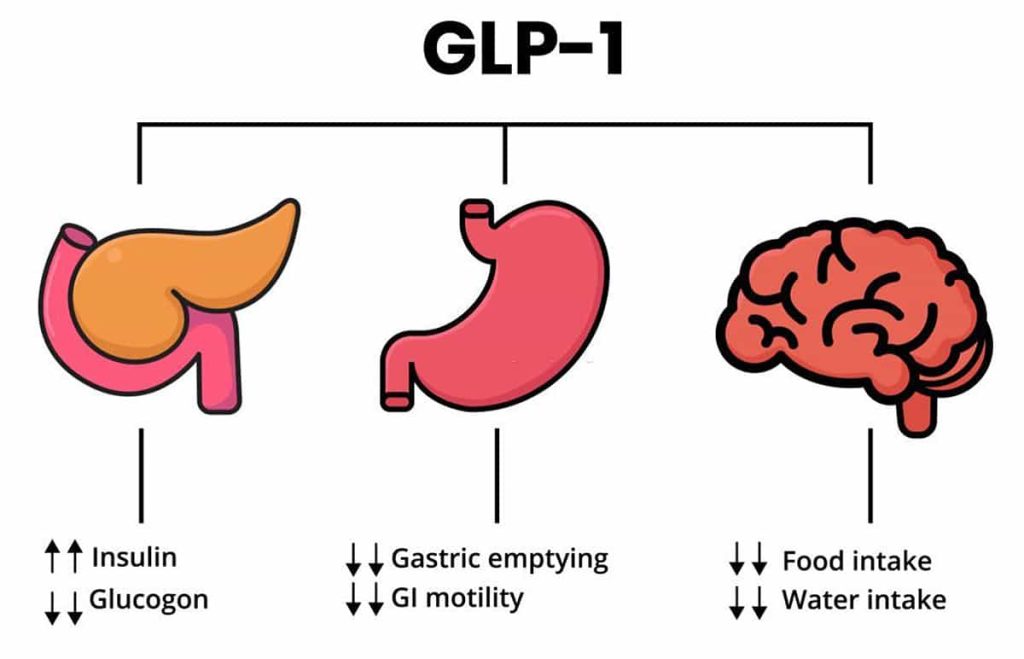
GLP-1 is a hormone (a natural chemical in the body) produced in the small intestine. It stimulates insulin secretion (which then allows cells to take up glucose) and inhibits glucagon secretion (which prevents more glucose from going into the bloodstream) to lower blood sugar levels.
GLP-1 helps to reduce food intake, appetite and hunger and promotes fullness and satiety with the ultimate result of promoting weight loss.
Research suggests that people with obesity may have problems with GLP-1 production. As such, it has become a key focus in obesity, diabetes, and weight loss medications that function by mimicking it’s function.
Is there a natural way to stimulate GLP-1 production without expensive monthly injections?
According to science, the answer is YES! And it all comes back to supporting our gut health, balancing our blood sugar with the help of a select combination of powerful probiotics.
My training in functional nutrition helped me offer past workshops on Gut Health (The Spring Cleanse), Blood Sugar & Hormone Balance, (The Blood Sugar Balance Program) and Anti-Aging, (The Big Rewind).
What all of these programs had in common was the knowledge that our body is one system that works interdependently. The brain is not separate from the body. Our emotional health is not separate from our digestion. Our sleep hygiene is not separate from our brain function.
All health is interconnected and it all starts in our gut.
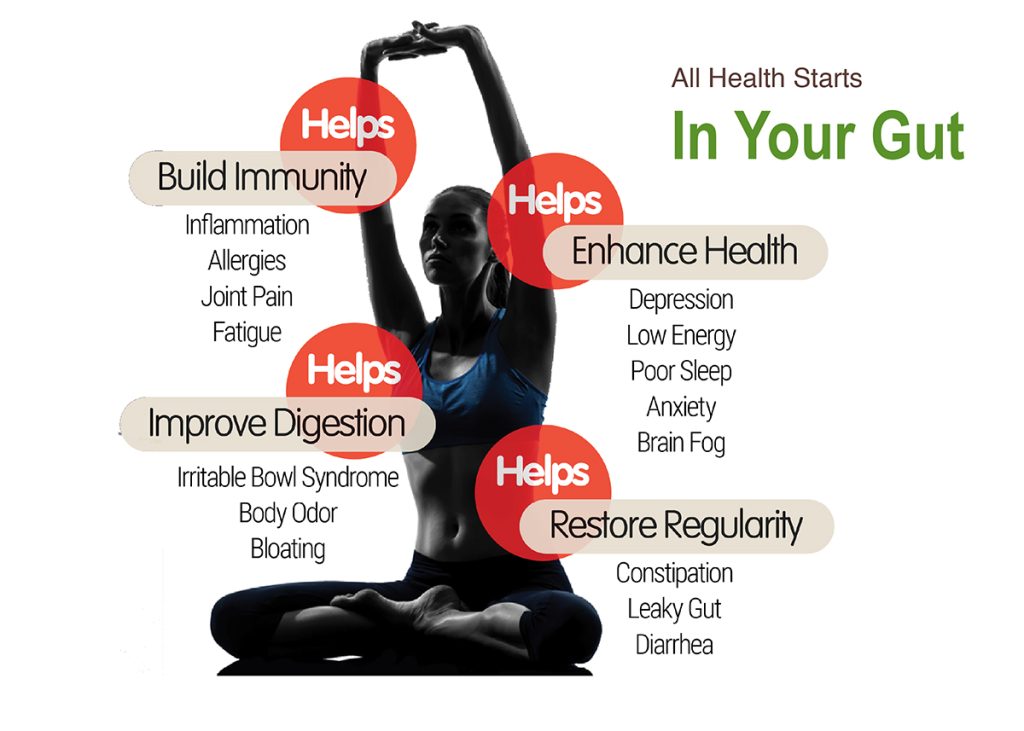
That's why I'm excited about the scienCE BEHIND glp-1 probiotics.
I learned about Pendulum Life Therapeutics from two trusted functional physicians that I follow, Dr. Mark Hyman and Dr. Kara Fitzgerald.
They both know and support the research and dedication of Pendulum CEO, Colleen Cutcliffe, Ph.D. in Biochemistry and Microbiology from Johns Hopkins University.
Colleen and her two co-founders, John and Jim, began this company because they saw a unique opportunity to apply next-generation DNA sequencing technologies and microbiological assays to the emerging microbiome science space.
Together, they have built the first and only facility in the U.S. that enables commercial-scale production of live Akkermansia and other next-generation strains.

Pendulum products are high quality curated live probiotic strains designed to improve gut health, hormone balance and GLP-1 production to support your healthy weight.
They are a viable alternative to weight loss medications as they address the underlying issues that lead to metabolic dysfunction in the first place.
If you’re going to take something for the rest of your life to support your health, why not choose a product that is affordable, sustainable, and safe.
which product is best for you?
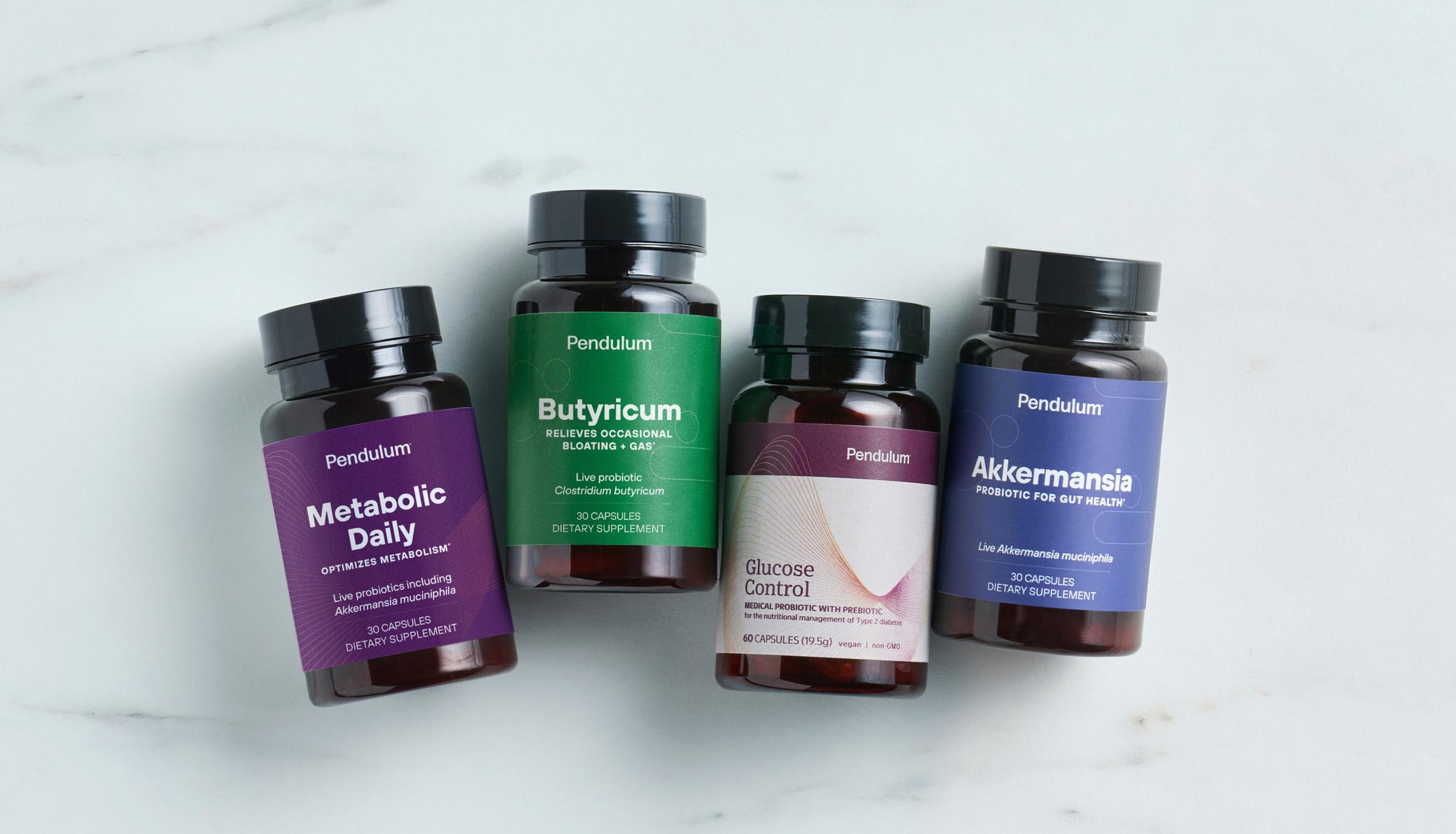
Pendulum probiotics come in different combinations to address different issues. It is important to understand which formula will best support you in your health journey.
Learn more about the formulations by clicking the button below.
I’m also available to meet with you to discuss how to begin if that is something you’d prefer to do.
Email me at tina@tinasprinkle.com to schedule an appointment.
a special offer for you

You may purchase Pendulum products directly from the Pendulum website or you can get them for lower pricing via my Fullscript Practitioners Dispensary.
Fullscript is an online dispensary supporting your wellness by connecting the two people who know your health best — you and your practitioner. Accounts are $0/month.
Sign up and save 15% off the already lower priced Pendulum Pro products offered via my FullScript Dispensary.
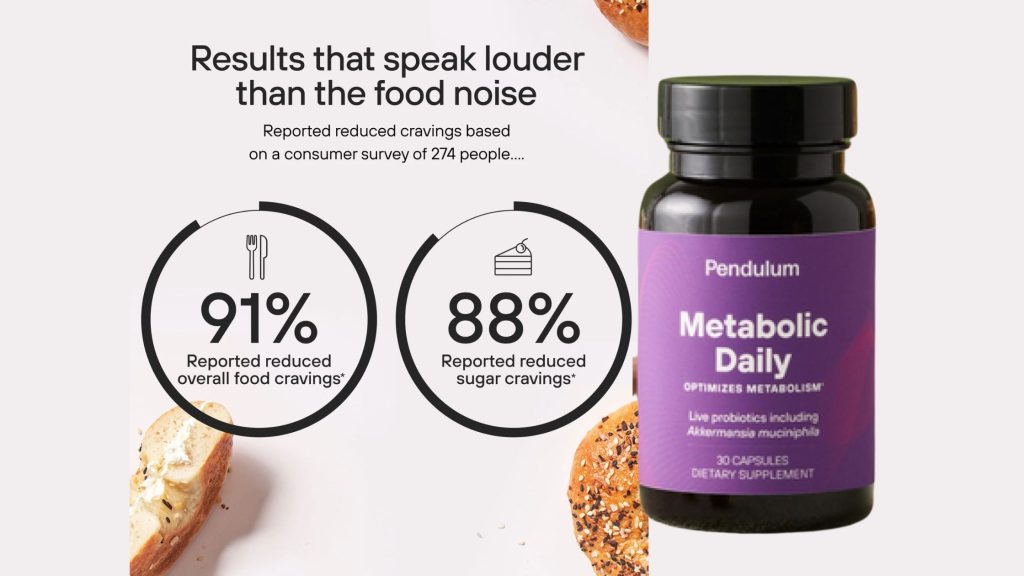
Once you sign up, I’ll add an automatic 15% discount to all of your orders. FullScript offers a huge catalogue of superior-quality nutraceuticals and supplements.
TAKE A DEEPER DIVE
This is a recording of the recent webinar I attended featuring Pendulum Founder Colleen Cutcliffe and Dr. Kara Fitzgerald on the science and mechanics behind these weight loss drug alternatives.
They explain the science behind GLP-1 and how select LIVE probiotics are effective in addressing our gut health and healthy weight.
Questions? I’m all ears!
Email me at tina@tinasprinkle.com

